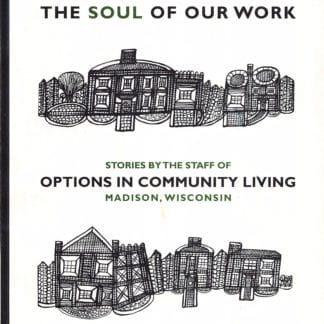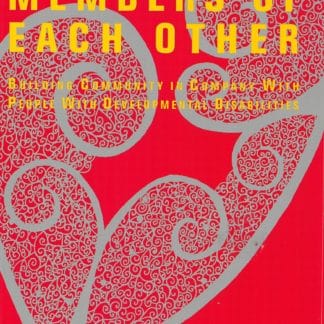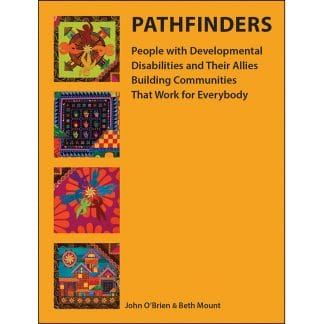John O’Brien & Jeff Strully
April 1997
For the past four years, circles of support have been a key element in developing and guiding the supported living program operated by Jay Nolen Community Services (JNCS) in Los Angeles. Initially responsible for designing and implementing each individual’s move form group home life into their own home, each person’s circle now manages the person’s support system and makes and implements long term plans. This shift of responsibility from agency to circles moves family members from being monitors of a group home to being directors of a personalized support system. It moves staff from being in charge of a group of clients to participating with circle members in designing and offering the supports and services a person requires to live successfully in their own home and participate in community life in satisfying ways.
The people JNCS supports count on their circles for the safety and quality of their daily lives. Only a few people currently have communication systems adequate to allow them an unambiguous voice in stating their dreams or directing their supports. Circle members hold responsibility for developing a deep, accurate, and clear account of the person’s interests, preferences, and dreams and assuring that this understanding guides day to day staff behavior. People will require a highly organized support system for the rest of their lives. Circle members hold responsibility for extending continuity through the person’s lifetime by clarifying and supporting the commitments necessary to the person’s security. Prejudice, widespread confusion about the nature of autism, and a history of segregated services leave people at great risk of isolation.



